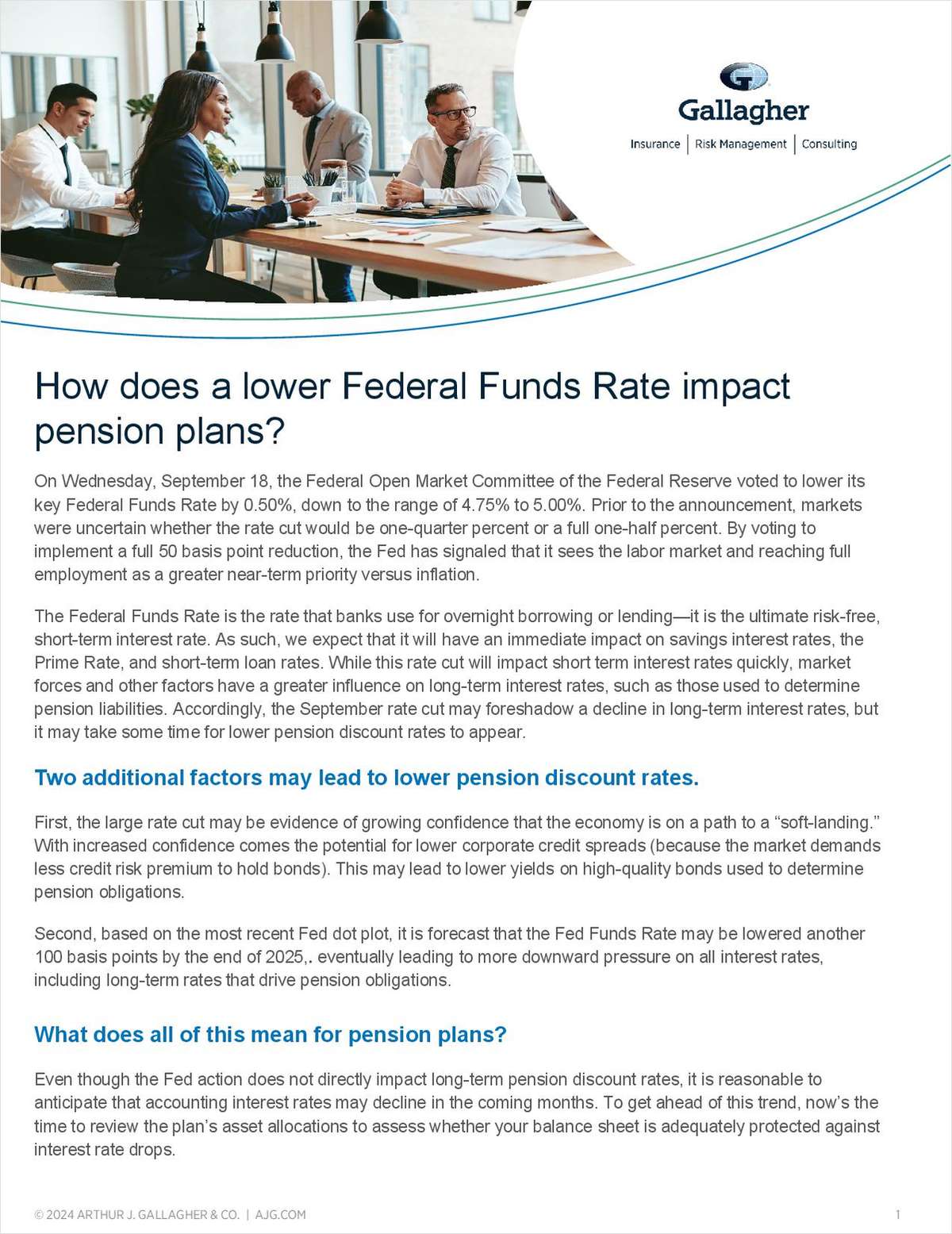 Eugene Scalia testifies before the Senate HELP Committee. (Photo: Diego Radzinschi/ALM)
Eugene Scalia testifies before the Senate HELP Committee. (Photo: Diego Radzinschi/ALM)
Labor Secretary Eugene Scalia, the former Gibson Dunn attorney who helped torpedo the Obama-era fiduciary rule by representing the brokerage industry in a lawsuit against it, will be allow to participate in crafting a new one, the Labor Department's ethics office has ruled.
"The new rulemaking is not a 'particular matter involving specific parties' and litigation related to a prior rule which the secretary handled while in private practice has ended," Kate O'Scannlain, the department's solicitor, said in a statement. She said the Office of Government Ethics concurred with the department's analysis.
Labor's career ethics attorneys determined "that neither applicable ethics rules nor the Trump administration's ethics pledge required Mr. Scalia's recusal."
Micah Hauptman, financial services counsel for the Consumer Federation of America, called the ruling "a totally unacceptable decision that will taint this rulemaking thoroughly."
In a statement, he continued: "The fact of the matter is he can't separate his prior work doing the industry's bidding and the sensitive information about his clients that he learned in his role as their advocate from a future rulemaking that would involve the same issues and clients."
Dennis Kelleher, president and CEO of Better Markets, an advocacy group that supports financial regulation, said that Scalia should recuse himself from a fiduciary rulemaking despite the ethics decision.
"The new rule is expected to be highly favorable to the industry and consistent with his prior private sector representation," Kelleher said in a statement. "Thus, Scalia, as Secretary of the Department of Labor, would appear to be advancing the positions of his former private sector clients, creating a conflict of interest that should be prohibited."
In his nomination hearing before the Senate Health, Education, Labor and Pensions Committee, Scalia said, "I was retained by clients to address a rule; it was a controversial rule. Thankfully, the Securities and Exchange Commission has stepped in and itself adopted what's called a best-interest standard with respect to broker-dealers who are folks that ordinarily are regulated directly by the SEC, rather than by the Department of Labor. Again, having worked at the department before, I'm very mindful of this special role that the department has in protecting pensions and workers' retirements."
Complete your profile to continue reading and get FREE access to BenefitsPRO, part of your ALM digital membership.
Your access to unlimited BenefitsPRO content isn’t changing.
Once you are an ALM digital member, you’ll receive:
- Breaking benefits news and analysis, on-site and via our newsletters and custom alerts
- Educational webcasts, white papers, and ebooks from industry thought leaders
- Critical converage of the property casualty insurance and financial advisory markets on our other ALM sites, PropertyCasualty360 and ThinkAdvisor
Already have an account? Sign In Now
© 2024 ALM Global, LLC, All Rights Reserved. Request academic re-use from www.copyright.com. All other uses, submit a request to [email protected]. For more information visit Asset & Logo Licensing.








